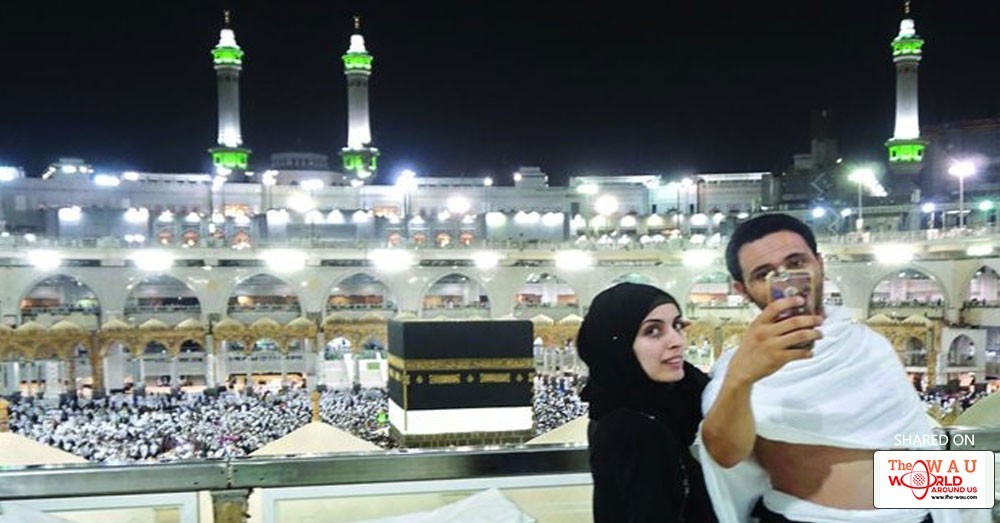Asif Mohammed Khan, a resident of the northwestern Pakistani city of Abbottabad, has been anxiously waiting to receive good news from the government-run draw for Hajj visas for his retired parents.
In 2011, unaware of the application procedures and being warned that Pakistan’s Ministry of Religious Affairs has a selective system favoring those able to pay under the table, Khan sought help from his uncle working for a government department to apply under the official quota, hoping to increase his chances of obtaining the visa, but to no avail.
“There are some people working in his department who applied the same year and were selected. I asked my uncle how that was possible and he said they were lucky — without going into further details. I don’t believe that,” Khan told Arab News. “Is our luck so bad that in six years we haven’t been chosen?”
Like Khan, many people residing in rural areas or small cities are oblivious to application procedures or contact details stated on the ministry’s website, and ask for help from relatives or agents to fulfill the prerequisites to place their name in the yearly draw.
However, those who are informed through advertisements or public notices published by the ministry, and reach the government designated Hajji camps, are faced with the dilemma of financing their pilgrimage. The Saudi fee for a Hajj visa is Rs. 55,000, or SR2,000 ($533) and the fee for the complete government package is approximately Rs. 270,941 according to the government’s Hajj scheme, which will likely increase next year.
Ibrar Hussain, with an average income of Rs. 20,000 per month, has been saving for several years to send his parents on Hajj but has been unable to accumulate enough.
“It is already hard enough for me to survive on my salary, though I am provided accommodation and food by my employer, but I have to send some of my money to my parents and save some. I am eligible for a bank loan also but I can’t send them on Hajj and later pay monthly interest to the bank on the installments. That’s haram [forbidden],” Hussain told Arab News.
He questions why the government can’t provide an interest-free installment package for pilgrimage and also do away with the lottery scheme.
Of the top 10 countries awarded Hajj visas, Pakistan ranks second, receiving a visa quota of 179,210. According to the director general of Hajj, 107,526 Pakistanis received visas from the government balloting scheme and the rest through private operators or Hajj. “Those who can afford it take the packages between Rs. 700,00 up to Rs. 1.1 million,” says a private Hajj company CEO, Farhan Ahmed.
This is beyond the means of a majority of people, but the incumbent PML-N government has made several improvements to make Hajj affordable, easier, with quality accommodations and three meals, said Ahmed, speaking to Arab News.
A mid-level official at the Ministry of Religious Affairs who requested anonymity, told Arab News, that simply doing away with the balloting system would send the Hajj visa scheme into chaos as the number of applications the ministry receives is overwhelming.
“If we allow everyone, it would turn in to a disaster,” he said. “The mechanism is in place to provide equal opportunity to all. Those who are 90 years or above are given visas first, without going through the draw program, so we understand the sentiments of the people and are doing our best.”
However, he agreed that nepotism and selective balloting could not be ruled out, but the new policy barring government employees who have made the journey in last five years from performing Hajj, has had a beneficial impact for those who have queued on the waiting list.
Share This Post















